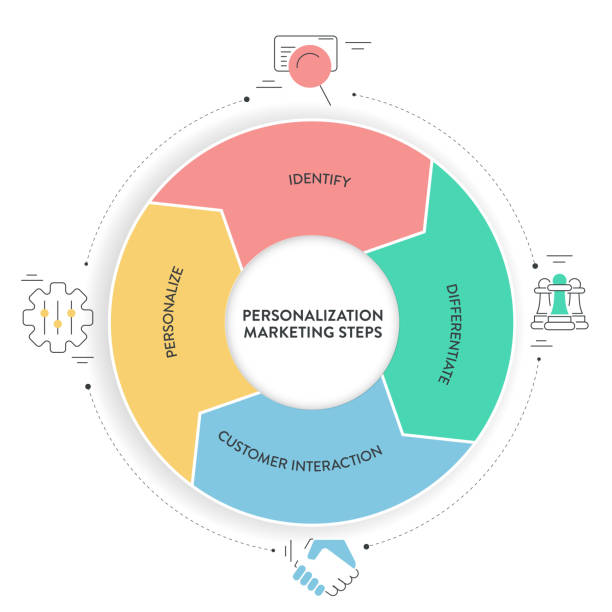In the world of marketing, understanding consumer behavior is not just an advantage; it’s the cornerstone of success. This fundamental principle is explained by marketing expert Mohammed Bin Tarjim, who sheds light on the pivotal role consumer behavior plays in shaping effective marketing strategies.
Consumer behavior is the study of how individuals make decisions about what to buy when to buy, and why they make these choices. It encompasses a wide array of factors, including psychological, social, cultural, and economic elements that influence a person’s purchasing decisions. By delving deep into these aspects, marketers can unlock the key to attracting, retaining, and engaging customers effectively for marketing success.
Mohammed Bin Tarjim emphasizes that consumer behavior insights enable marketers to understand their target audience on a profound level for marketing success. This understanding goes beyond mere demographics and helps craft strategies that resonate with consumers’ desires, emotions, and motivations.
Here are several reasons why consumer behavior is essential for marketing success:
1. Tailored Marketing Strategies

Understanding consumers allows marketers to tailor their strategies to align with the specific needs, preferences, and pain points of their target audience. This personalization increases the chances of connecting with consumers on a more meaningful level, leading to higher conversion rates and customer loyalty.
2. Predictive Analysis for Consumer Behavior

By analyzing historical data on consumers, marketers can make informed predictions about future trends and consumer preferences. This foresight enables them to stay ahead of the curve and proactively adapt their marketing approaches to changing market conditions.
3. Effective Messaging

Consumer behavior insights aid in crafting compelling and relatable messaging. When marketing messages resonate with consumers on an emotional level, they are more likely to engage with the content and take desired actions, such as making a purchase.
4. Product Development

By studying how consumers interact with products and services, companies can refine and enhance their offerings. This leads to the creation of products that better align with consumer needs and desires.
5. Customer Retention

The cost of acquiring new customers is often higher than that of retaining existing customers. Consumer analysis helps companies identify the pain points and motivations of their current customers, resulting in stronger relationships and better customer retention.
6. Market Segmentation

Understanding consumer behavior allows marketers to segment their market effectively. This means dividing the market into distinct groups with common characteristics and tailoring marketing efforts to each group’s unique behavior and preferences.
7. Competitive Advantage

Businesses that invest in consumer behavior research gain a competitive edge. They can stay ahead of competitors by adapting to changing consumer preferences and trends more swiftly.
8. Data-Driven Decision Making

Data collected from the study of consumer behavior serves as a foundation for data-driven decision-making. Marketers can rely on empirical evidence rather than intuition, which often leads to more successful campaigns.
Mohammed Bin Tarjim emphasizes that consumer behavior is not static. it evolves over time. Therefore, marketers must continually monitor and adapt their strategies to stay in tune with their target audience. With the aid of advanced tools and technology, they can gather real-time data to adjust their marketing tactics in response to consumer behavior changes.
In conclusion, Mohammed Bin Tarjim underscores the paramount importance of understanding consumer behavior as an ongoing and dynamic process essential for attaining marketing success.
Placing consumers at the nucleus of marketing strategies serves as the linchpin for fostering profound connections, augmenting overall customer satisfaction, and ultimately propelling businesses toward growth and enhanced profitability.
In the contemporary landscape of marketing, characterized by rapid changes and unrelenting competition, staying attuned to consumer behavior is not a mere choice; it is a fundamental requirement for businesses aiming to remain not only relevant but also successful in the market.
Adaptation to the ever-evolving and intricate nuances of consumer preferences and trends stands as the hallmark of thriving enterprises in this dynamic domain.

